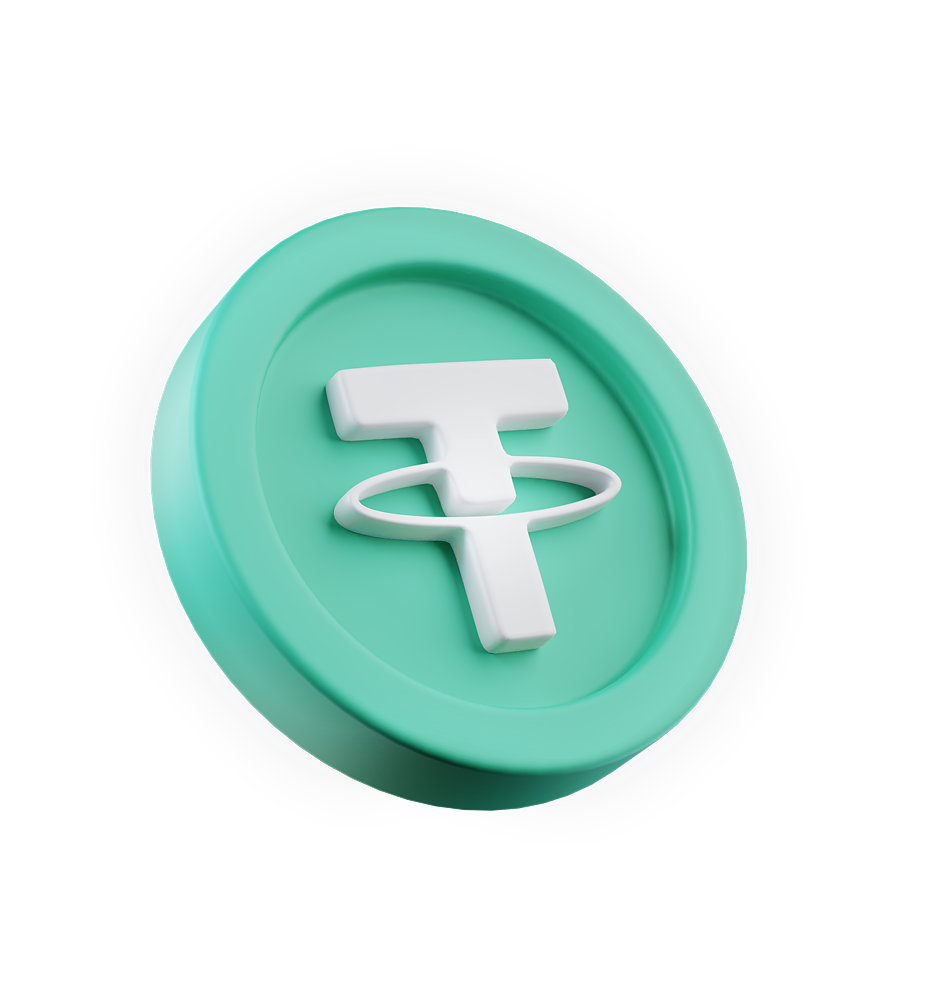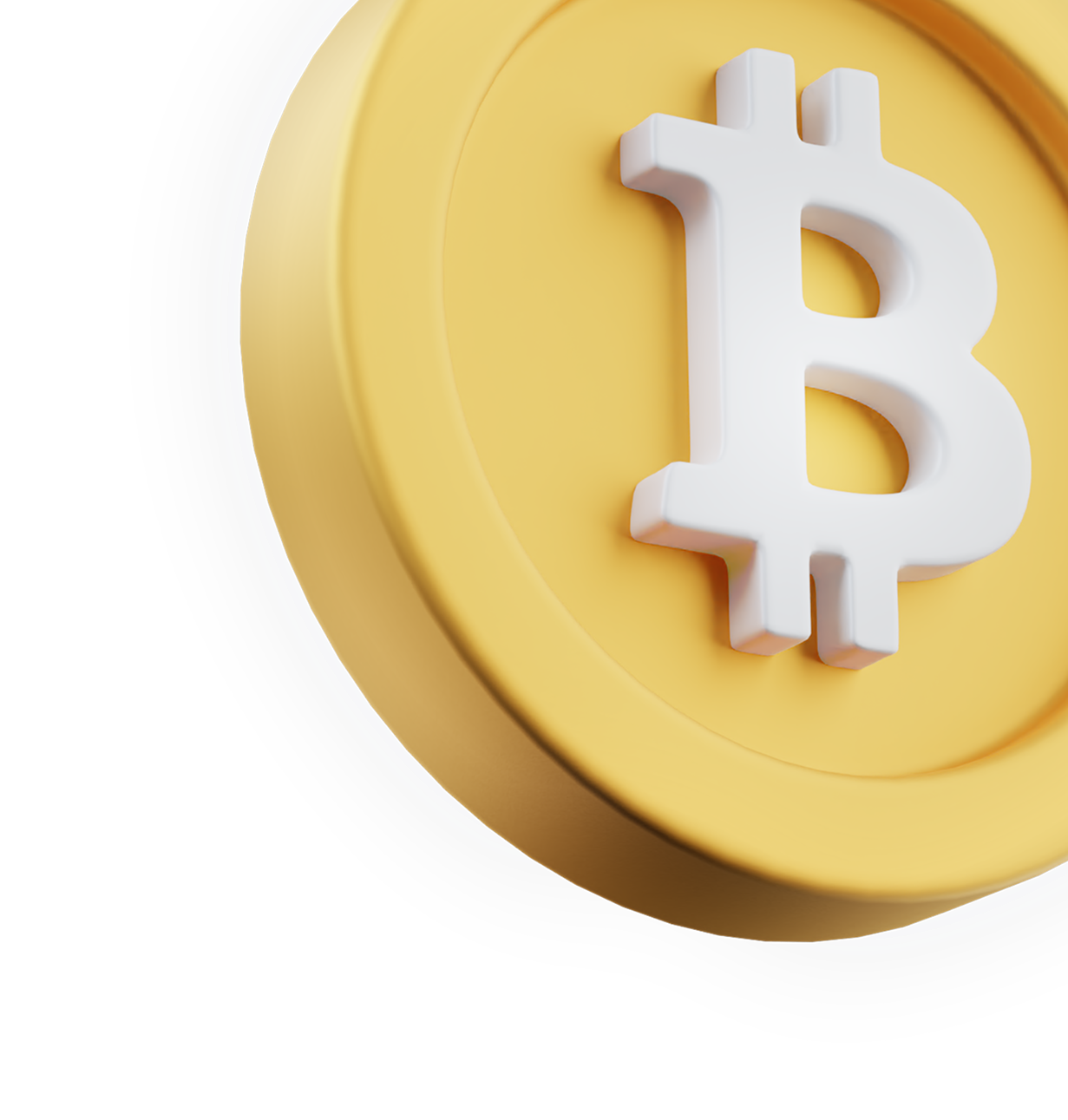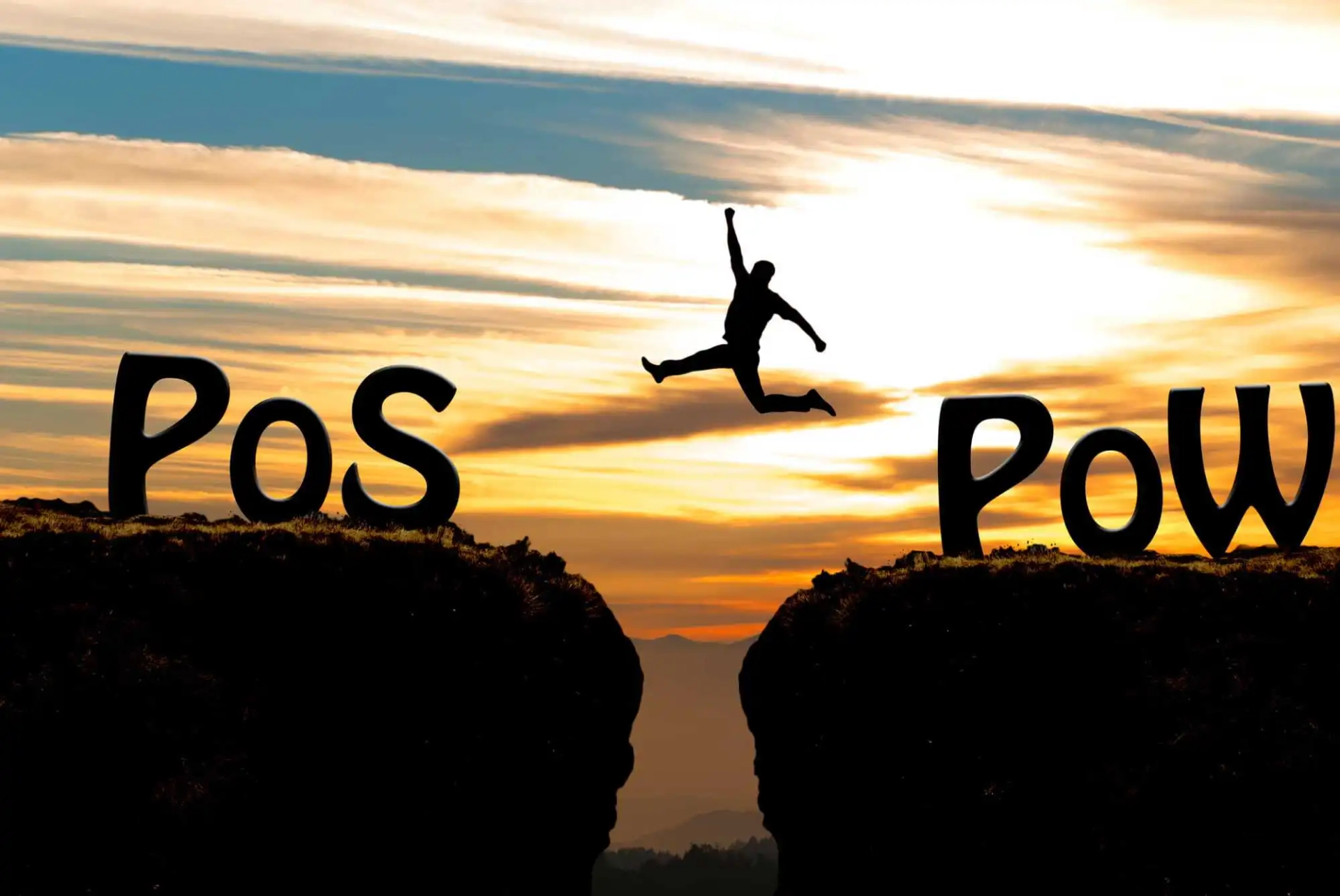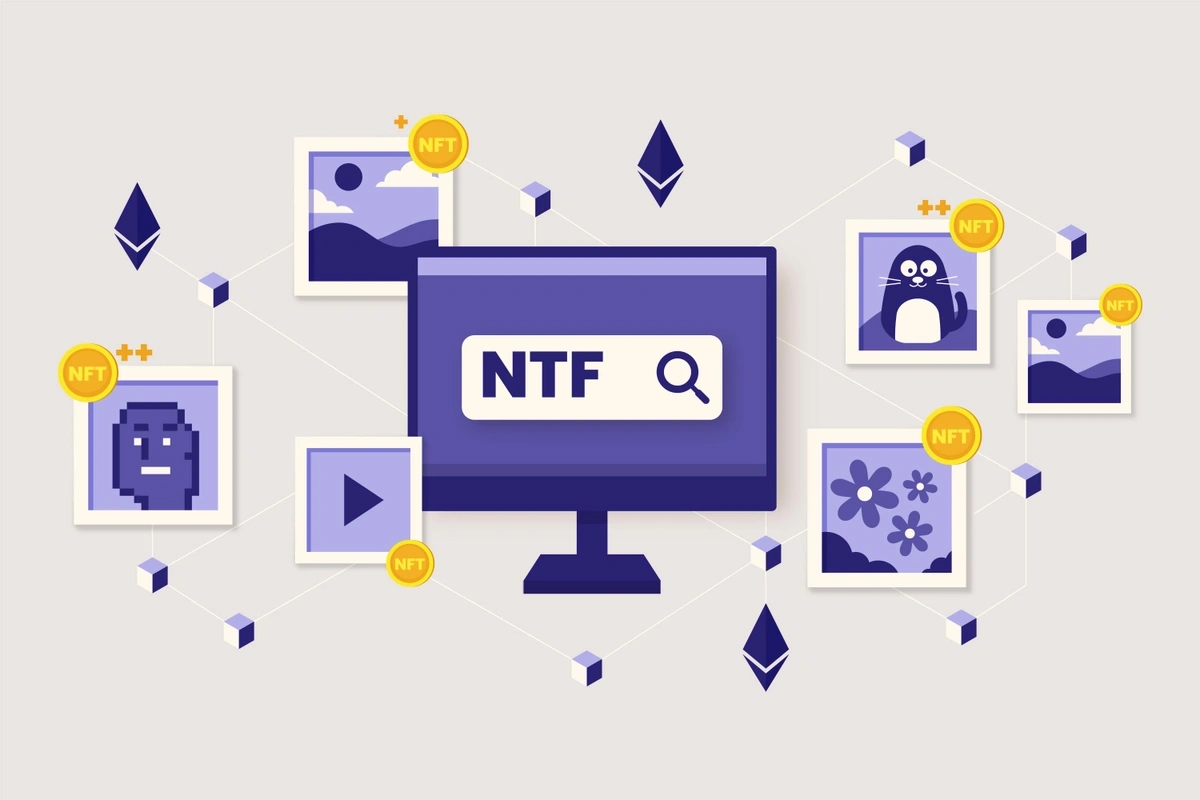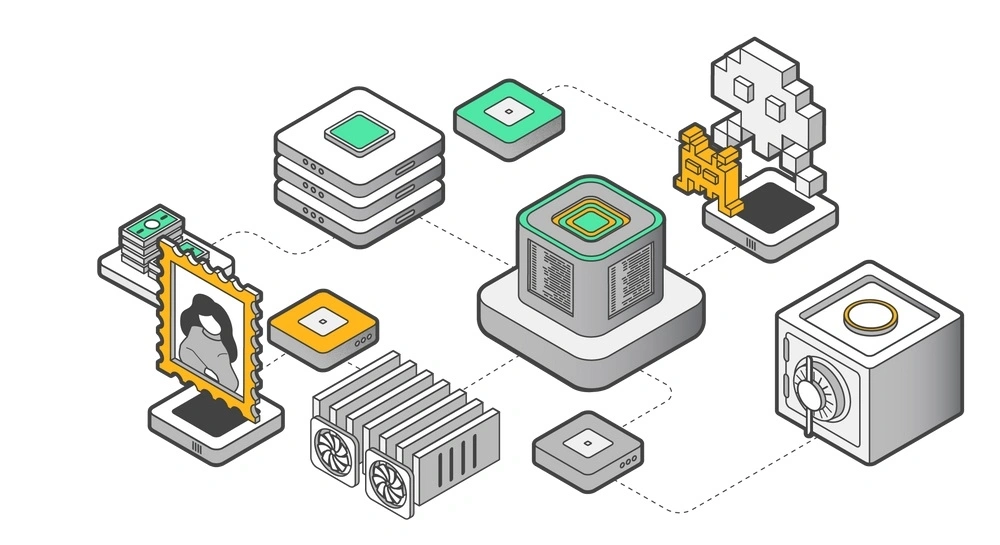The Pros and Cons of Investing in Decentralized Autonomous Organizations
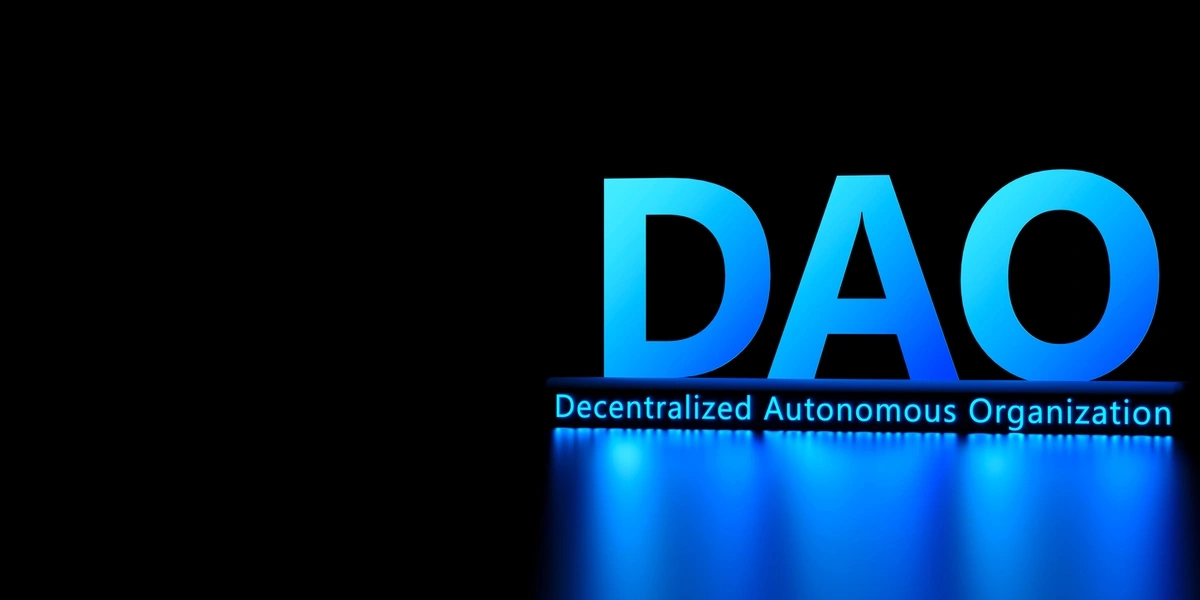
Decentralized Autonomous Organizations, better known as DAOs, are self-governing and transparent organizations built using blockchain technology. This new type of organization offers a range of great benefits to users and investors.
In this article, we’ll dive into what DAOs are, how they work, and the pros and cons of investing in them.
Understanding Decentralized Autonomous Organizations
Unlike traditional organizations, DAOs are managed by code rather than people. This is what makes them autonomous. How does this work? Well, they’re governed by self-executing smart contracts that are stored on the blockchain. This enables the DAO to automate a range of tasks, including voting, fundraising, and asset management.
Furthermore, these DAOs are usually built on blockchain technology, meaning the distributed ledger is transparent and not managed by a single central entity.
Usually, token holders are the owners of Decentralized Autonomous Organizations. Therefore, any investor can participate in the governance of the DAO, and they’re given voting powers on important issues that guide the present and future of the organization.
Pros of Investing in DAOs
Increased Transparency & Trust
With blockchain technology, all transactions are public information. This means anyone can see how, where, and why a DAO spends money. This transparency empowers Decentralized Autonomous Organizations to build trust with investors. Instead of a faceless, unaccountable corporation, investors can verify everything a DAO does.
Enhanced Governance & Decision-Making
Token holders are the people who govern DAOs. They’re empowered to vote on proposals that affect the organization, meaning any decision taken will be aligned with the interests of investors. In theory, this should be for the betterment of the DAO because decision-making is spread amongst the many rather than a few power-holding board members.
Investment Opportunities & Returns
Decentralized Autonomous Organizations can invest in a wide variety of asset classes, including stocks, cryptocurrencies, real estate, and asset classes that aren’t usually available to traditional investors.
Additional portfolio exposure presents investors with the opportunity to generate higher returns than average. Furthermore, with DAOs being relatively new, there is potential to invest in many organizations in their early stages, giving an even greater chance of higher returns.
Scalability
Unlike some traditional organizations, which are bound by physical constraints, making growth and scalability difficult, DAOs are incredibly scalable. They’re able to quickly adapt to changing market conditions and have the capability to grow with demand. This is thanks to their decentralized nature and being built on blockchain.
Cons of Investing in DAOs
Regulatory Uncertainty
DAO investing doesn't guarantee success. Because this space is still in its infancy, the regulatory landscape is constantly evolving. Nobody can say for certain when and where the next regulatory changes will take place that could negatively impact a DAO investment portfolio.
There is the constant risk that governments could post restrictions or new regulations on DAOs. What’s more, every country has its own regulations, making staying up-to-date with changes challenging.
Technical Complexity & Security Risks
Currently, one of the major barriers to entry to DAOs and any DeFi protocol is technical complexity and security risks. To successfully invest in a DAO, you need to understand how they work, and you must be able to purchase cryptocurrency.
In addition, the risk of hacks and security breaches exists, so you must have the technical knowledge to securely store your crypto.
Lack of Accountability & Decision-Making Efficiency
Sometimes, decentralized decision-making can be a slow and inefficient process. This can create a huge stumbling block for the progress of any DAO, particularly if there is a clear split in investor opinions—it can cause progress to grind to a halt.
On the flip side, majority dominance is also a risk. If key investors hold the majority of the DAO tokens, they will retain power and be able to make decisions, even without the backing of the rest of the community.
For this reason, it’s important to ensure the decentralized autonomous organizations you invest in have a clear and fair voting power split.
Low Liquidity
Many DAO investment opportunities are available, with new DAOs launching every day. Still, they’re a new concept, and many will suffer from low liquidity. So, while a huge ROI is possible, you could find it impossible to sell your tokens because there’s no one to buy them.
As the popularity and success of a DAO increase, so should its liquidity. However, many will never get to this stage, leaving investors trapped holding tokens they can’t buy, sell, or swap.
In Summary
Overall, the benefits of decentralized autonomous organizations can be incredible for investors. Nevertheless, the balancing act and risks must be considered too. Before deciding to invest in a DAO, people should step back and carefully consider these pros and cons.
Ask yourself these questions to come to an informed decision:
- The track record of the DAO: Do the founders have a proven track record in the industry?
- The security of the DAO: Has the DAO been audited for security vulnerabilities?
- The governance structure of the DAO: How are decisions made in the DAO?
- The investment opportunities available to the DAO: What assets does the DAO invest in?
Keeping yourself protected in the DeFi and crypto space is crucial. If you’re concerned about security, check out ZERT’s institutional-grade digital wallets.

